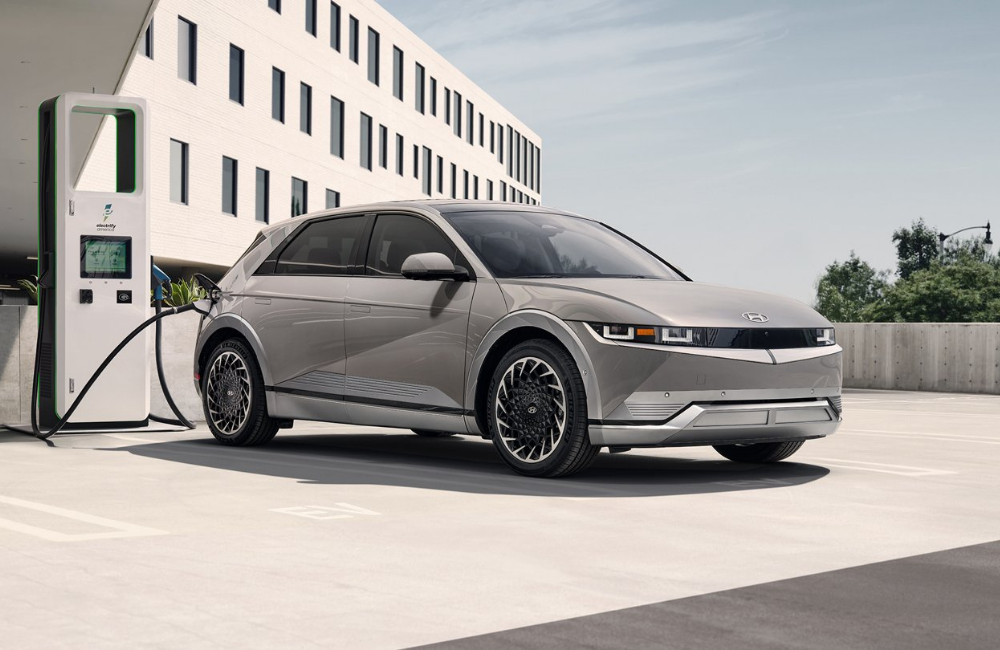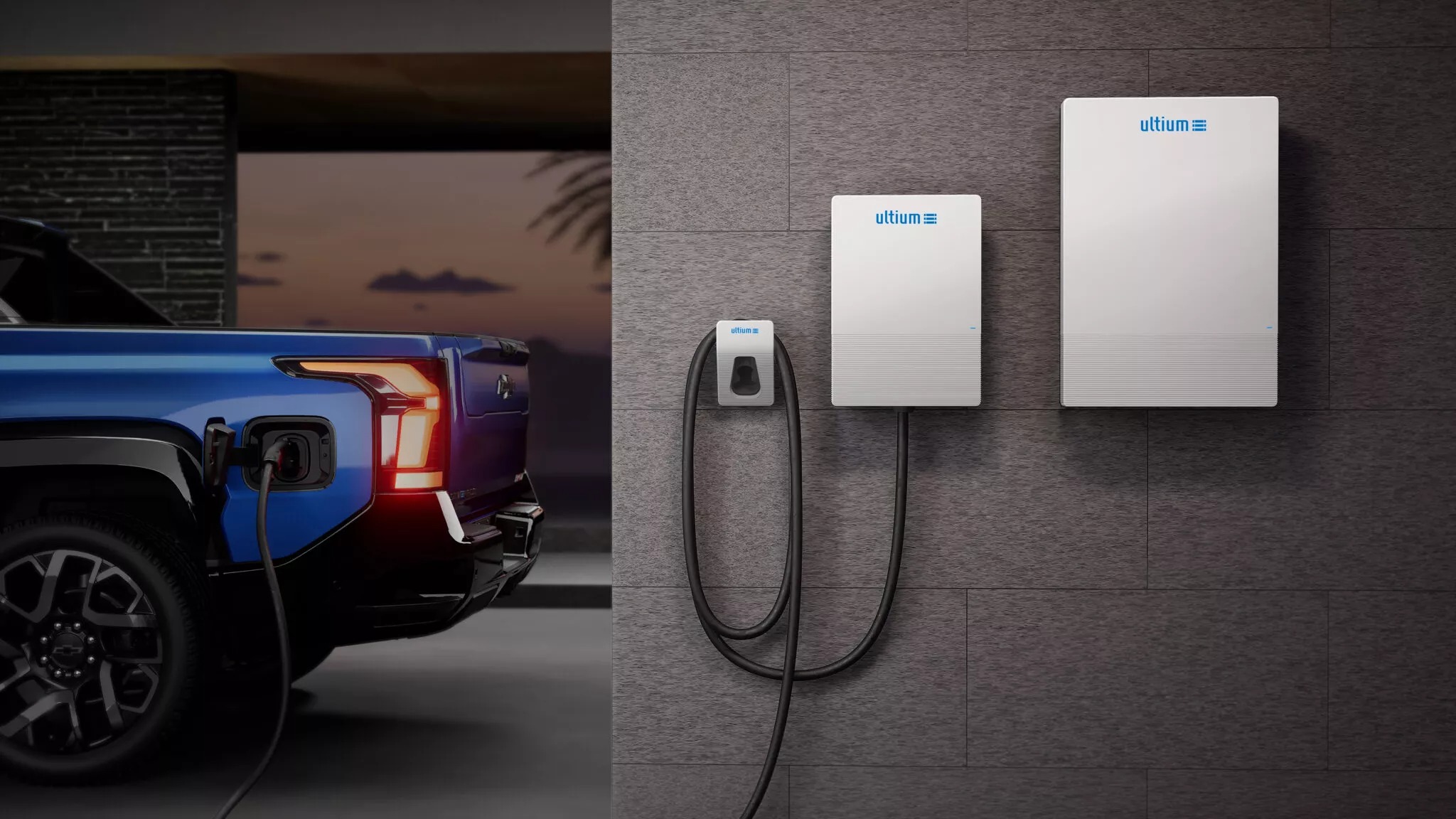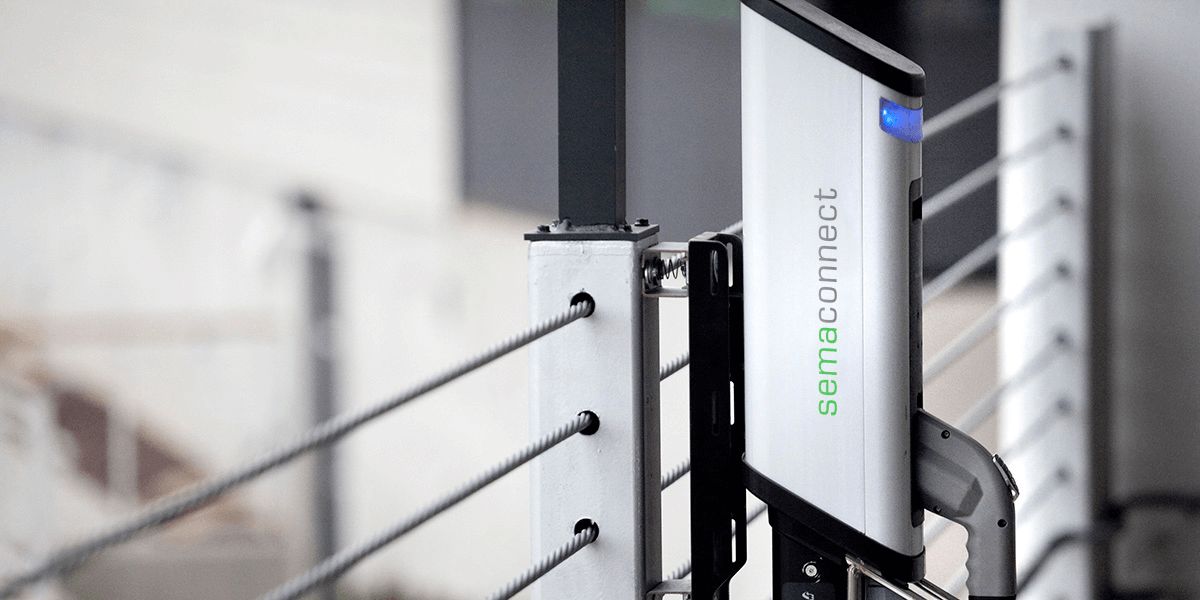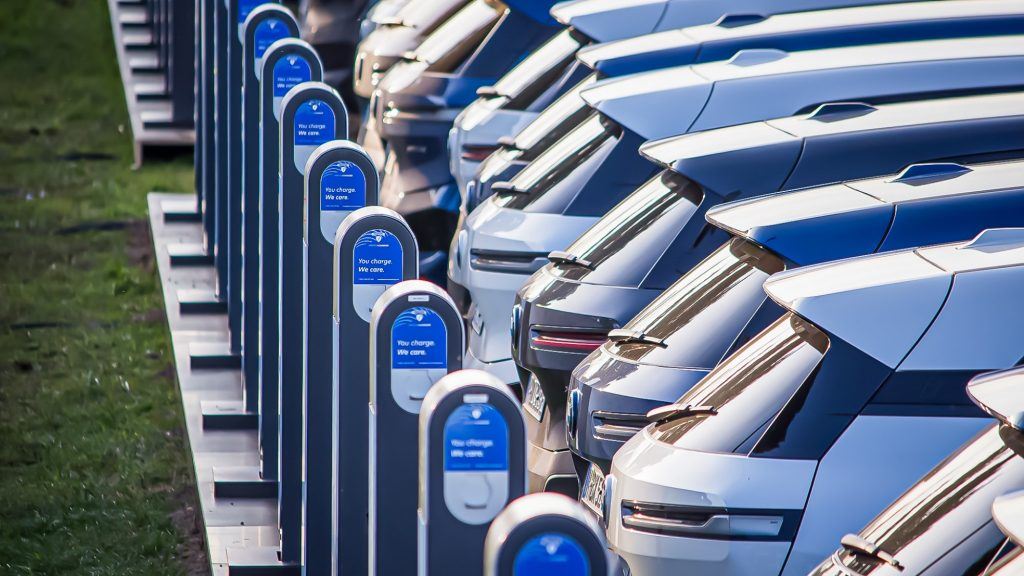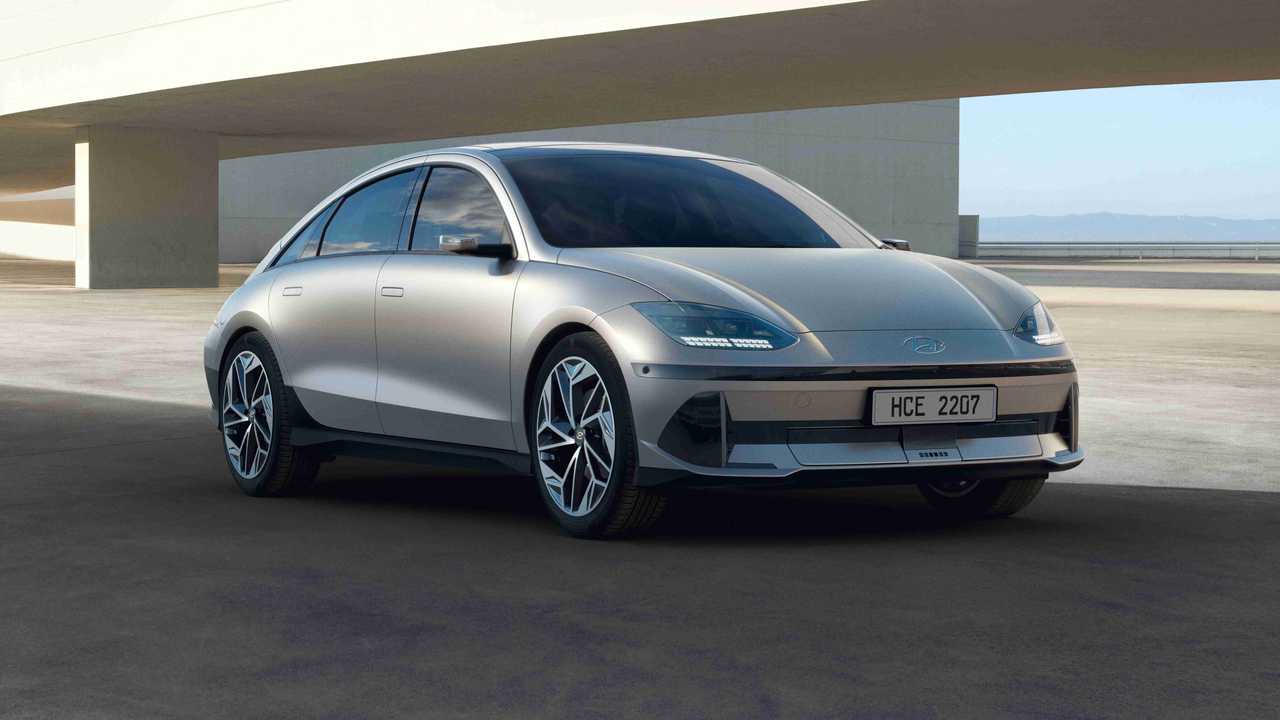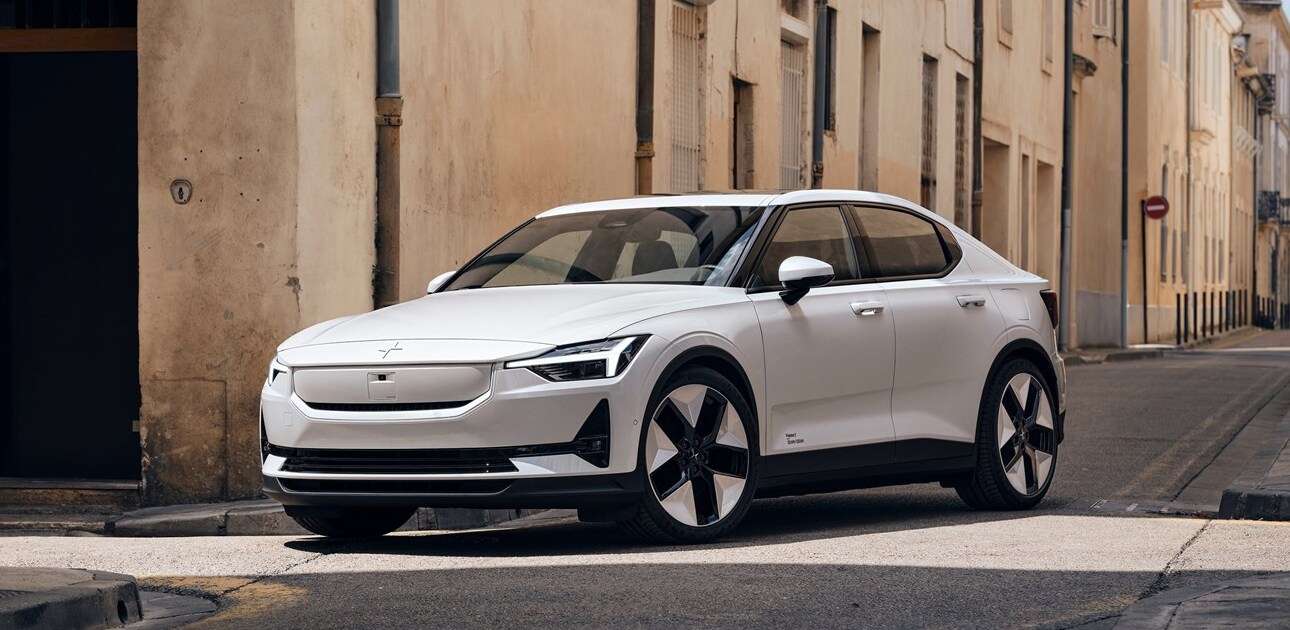The Advertising Standards Agency (ASA), the UK’s advertising watchdog, has taken action against car manufacturers Hyundai and Toyota for their misleading advertisements regarding electric vehicle (EV) charging capabilities. The watchdog found that the charging times mentioned in the ads did not accurately reflect real-world conditions and that the availability of high-speed charging stations was not as widespread as claimed.
Toyota’s advertisement for the bZ4X SUV claimed that the vehicle could be charged to 80 percent in around 30 minutes using a 150 kW charger. Similarly, Hyundai advertised that the Ioniq 5 could be charged in just 18 minutes using a 350 kW supply. However, both companies acknowledged that these figures were achieved under ideal conditions. The ASA ruled that factors such as battery age and condition, battery temperature, and ambient temperature could significantly impact actual charge times, often making them longer than advertised.
See also: Ioniq 5 with V2G to create world’s first energy system using bi-directional charging
In addition to the exaggerated charge times, the ASA challenged the automakers’ claims about the availability of rapid-charging points. Toyota’s advertisement stated that drivers could easily find such points in numerous public locations. However, data from Zap Map revealed that there were only 419 chargers capable of outputting 150 kW across 134 locations in the UK. Notably, only seven were situated in Scotland and two in Wales, while none were found in Northern Ireland.
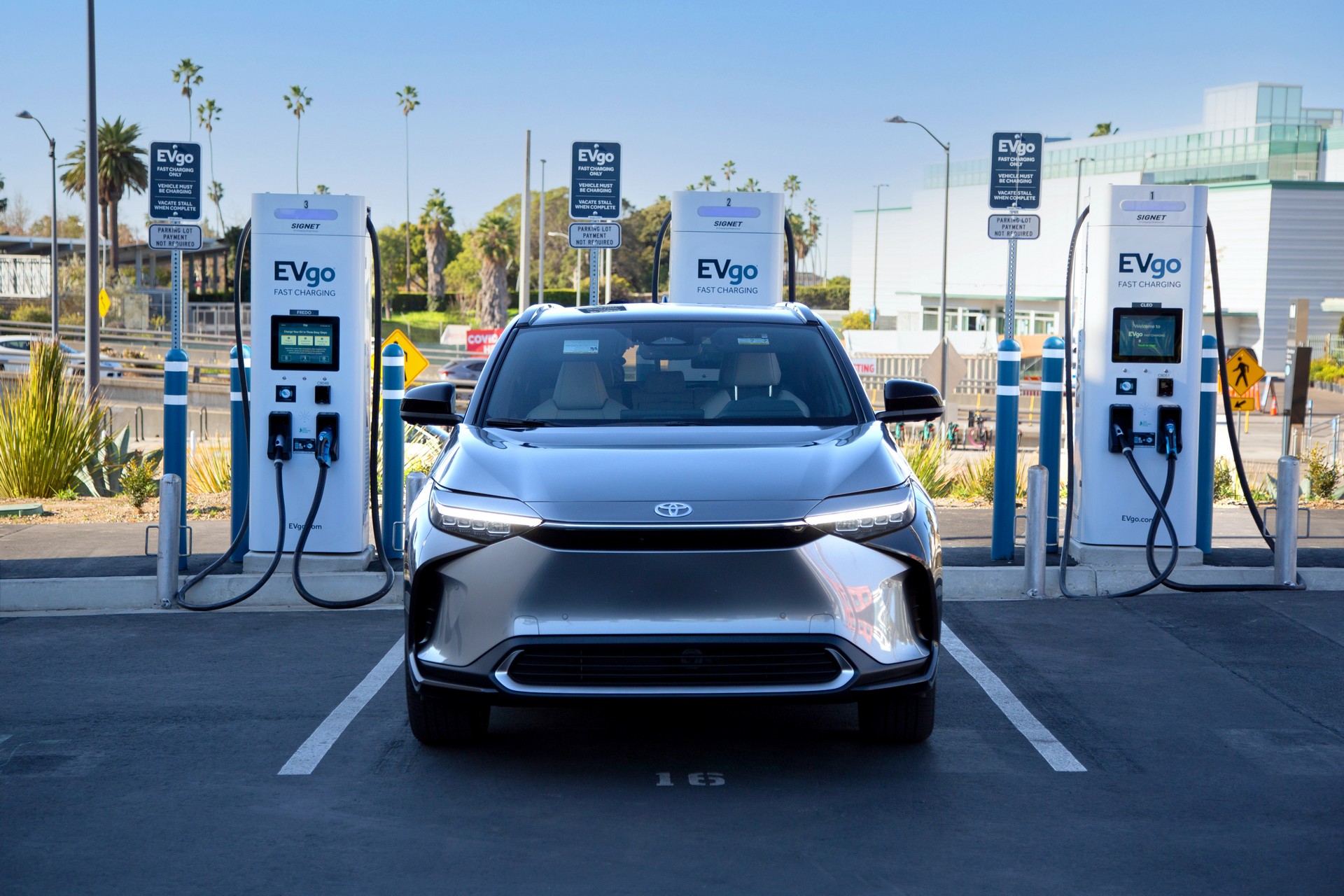
Hyundai’s situation was even more concerning for drivers seeking 350 kW chargers. The company’s own Charge myHyundai website displayed a mere 37 ultra-quick chargers in the UK, with only six of them located in the Republic of Ireland and none available on the other side of the Irish border.
See also: Tesla CEO Elon Musk Urges Toyota to Join NACS Charging Connector Coalition
The car manufacturers defended their claims by stating that slower-rate chargers could be used for short journeys. However, the ASA deemed this explanation insufficient and handed out its first bans on EV advertisements. It is likely that further action may be taken in the future to address misleading advertising practices in the EV industry.
As consumers increasingly consider switching to electric vehicles, it is crucial for manufacturers to provide accurate information regarding charging times and the availability of charging infrastructure. The ASA’s actions serve as a reminder that exaggerated claims can lead to false expectations and dissatisfaction among buyers. Transparent and reliable advertising is necessary to build trust and promote the widespread adoption of electric vehicles.

